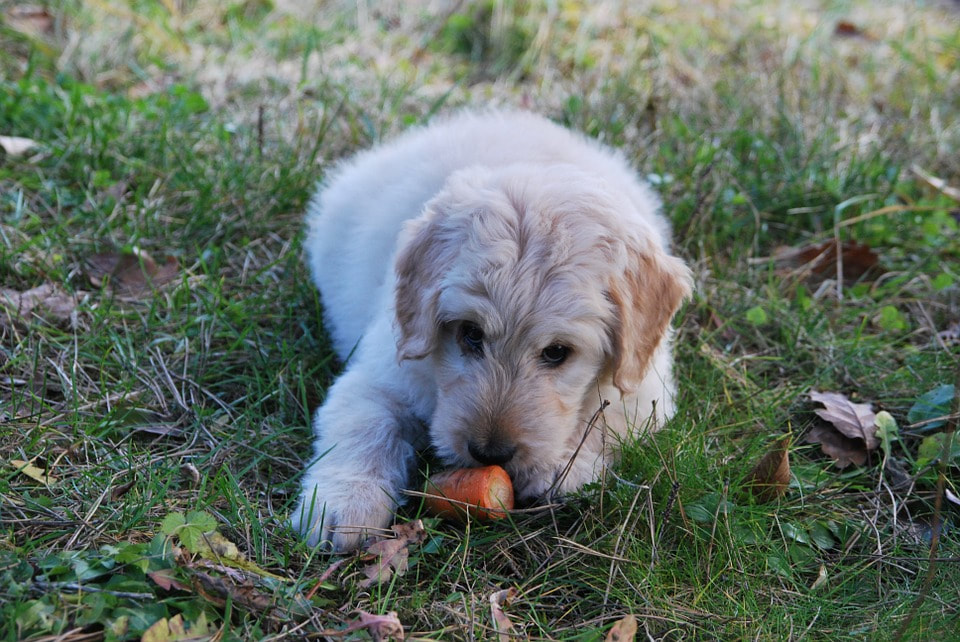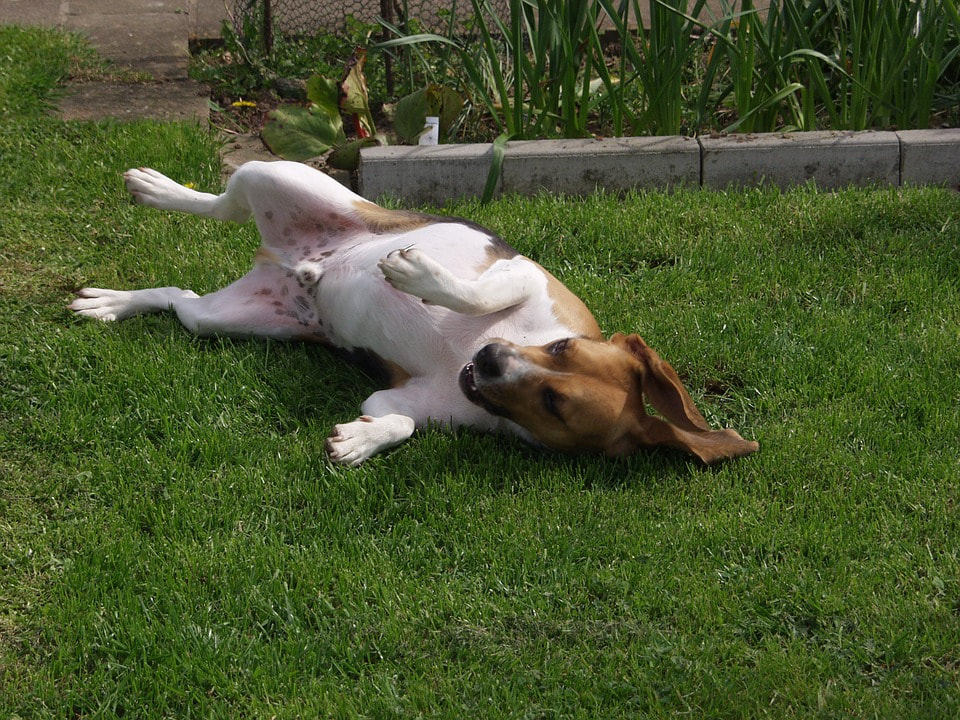A human who indulges in meat eating and one who indulges in leaf eating will be as healthy as the other. But the big problem is when pet owners, especially those who have cats or dogs believe that the same rule of eating strictly vegetable can apply to their canine pal. It doesn’t work that way. You see, even though all mammals basically have the same kind of organ structure, it does not mean that all mammal bodies require the same type and kind of nutriment.
Dogs are canines, they are descendants from the wolf family. Wolves are meat eaters. Their body requires that they consume meat in order to live healthy. The dog is no different. The animal requires a certain amount of meat protein to remain fit and healthy. What most dog food makers do today is that they serve what is called dry dog food. A mix of all kinds of animal flesh, grains, preservatives and a host of things your dog shouldn’t be consuming anyway.
Dog owners who are vegans and allow their dogs to only consume a vegan diet is basically depriving the animal of its natural protein needed to grow fit and healthy. I am sure if you let out your dog in the wild and the dog begins to adapt to its environment, you won’t see that dog eating shrub and leaves when it gets hungry. It’s natural predatorily instinct will kick in and that dog will hunt smaller meat kind to eat. But with all that said and done. What will happen to a dog that is fed a vegan diet? Well let’s see
Vitamins A and D:
Dogs and cats cannot make vitamin D in their skin, so it needs to be in their diet. And the vitamin D needs to be D3, which comes from animal sources, not D2, which comes from plant-based sources. “People and dogs can use D2 to some extent, but cats really need D3,” Heinze says.
Taurine.
Dogs can make taurine if provided the right building blocks through dietary protein. Cats cannot make their own taurine at all, so it is regarded as an essential amino acid in this species and must be present in adequate amounts in the diet. Both species can suffer taurine deficiencies.
Potential Risk According to WebMb
- Inadequate total protein intake (less than the 25 grams per 1,000 calories recommended)
- Imbalance of the certain amino acids, such as taurine and L-carnitine (dogs and cats) or essential fatty acids arachidonic acid (cats only), in particular
- Deficiency in vitamins and minerals (such as B vitamins, calcium, phosphorus, and iron) that are obtained ideally, or only, through meat or other animal products
If You are feeding your dog vegetables and the dog is eventually becomes ill. Find the nearest vet and go save the canines life. Also, importantly is that you ensure that the animal begins to get some good meat in it's system packed with these essential nutrients below.
Essential Nutrients for Dogs Diet.



 RSS Feed
RSS Feed



